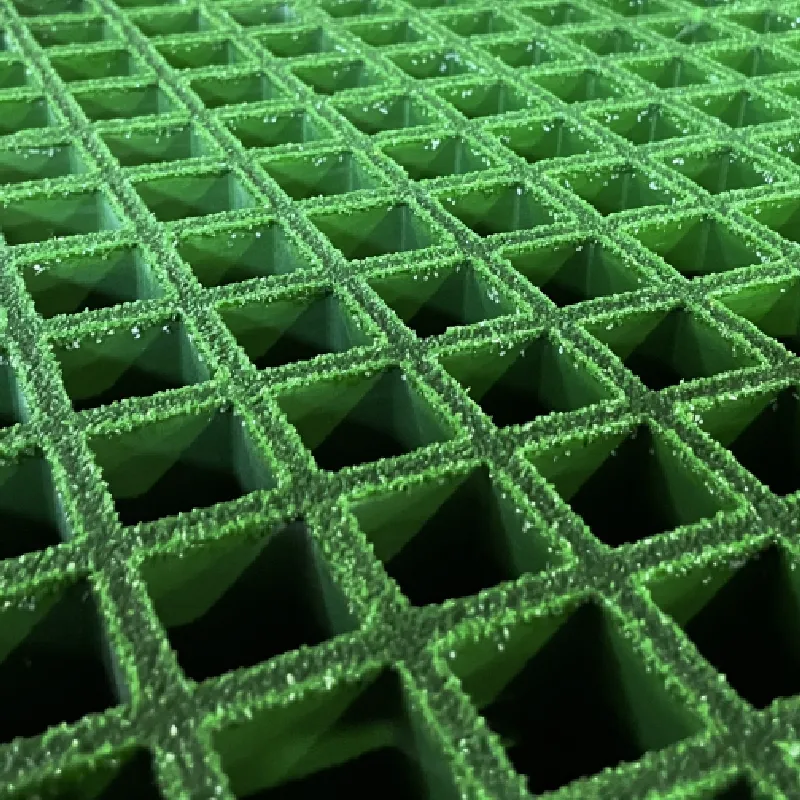loading...
- No. 9, Xingyuan South Street, Dongwaihuan Road, Zaoqiang County, Hengshui, Hebei, China
- admin@zjcomposites.com
- +86 15097380338
- Welcome to visit our website!
frp water softener tank
Understanding FRP Water Softener Tanks
Water is an essential resource in our daily lives, and having access to clean, soft water is vital for both health and household efficiency. Hard water, which contains high levels of minerals such as calcium and magnesium, can lead to several problems, such as scale buildup in pipes, diminished efficiency of appliances, and dry skin and hair. This is where water softener systems come into play. One of the key components of these systems is the FRP (Fiberglass Reinforced Plastic) water softener tank. In this article, we will explore the importance, benefits, and functionalities of FRP water softener tanks.
What is an FRP Water Softener Tank?
An FRP water softener tank is a vessel made from fiberglass reinforced plastic designed to house the softening medium, typically ion-exchange resin. The primary purpose of this tank is to facilitate the softening of hard water by removing calcium and magnesium ions and replacing them with sodium ions. The tank's construction ensures durability and resistance to corrosion, making it a popular choice for residential and commercial water softening applications.
Advantages of FRP Water Softener Tanks
1. Durability and Longevity One of the standout features of FRP tanks is their resistance to corrosion, which is particularly important in environments where water quality may fluctuate or contain aggressive chemicals. This durability extends the lifespan of the tank compared to traditional materials like steel.
2. Lightweight Design FRP tanks are significantly lighter than their metal counterparts, making them easier to transport, install, and maintain. This characteristic is particularly beneficial for residential applications where ease of handling can reduce installation costs.
3. High Strength-to-Weight Ratio The composite nature of FRP provides an excellent strength-to-weight ratio, which means these tanks can withstand high pressure and extreme conditions without adding excessive weight.
4. Chemical Resistance FRP is resistant to a wide range of chemicals, making it an ideal choice for water treatment applications where chemical exposure can be a concern. This resistance helps to maintain the integrity of the tank over time, ensuring consistent performance.
frp water softener tank

5. Insulation Properties These tanks often exhibit good thermal insulation properties, helping to keep the water temperature stable within the tank, which is advantageous for certain water treatment processes.
How Does an FRP Water Softener Tank Work?
The operation of an FRP water softener tank is straightforward. The tank is filled with resin beads that carry a positive charge. When hard water enters the tank, the calcium and magnesium ions, which also carry positive charges, are attracted to the resin beads. As the hardness minerals bond with the beads, sodium ions are released into the water, effectively softening it.
Over time, the resin beads become saturated with hardness ions, necessitating a regeneration process. Typically, this involves passing a brine solution (highly concentrated saltwater) through the tank, allowing the sodium ions to replace the hardness ions on the resin beads. This ensures that the softening process can continue efficiently.
Maintenance of FRP Water Softener Tanks
While FRP water softener tanks are low-maintenance, they do require periodic checks and occasional cleaning. Regularly inspecting for leaks, ensuring that the brine tank is replenished with salt, and scheduling professional servicing can help maximize the tank's lifespan and efficiency.
Conclusion
FRP water softener tanks play an essential role in improving water quality and enhancing the efficiency of water-using appliances. With their numerous benefits, including durability, lightweight construction, and chemical resistance, they are a smart choice for individuals and businesses seeking effective solutions to hard water problems. By understanding the functionalities and advantages of FRP water softener tanks, property owners can make informed decisions to ensure a steady supply of soft water for their everyday needs. As we move toward a deeper appreciation of water quality and its impact on health and comfort, FRP tanks remain a pivotal technology in water treatment systems.
-
The Rise of FRP Profiles: Strong, Lightweight, and Built to LastNewsJul.14,2025
-
SMC Panel Tanks: A Modern Water Storage Solution for All EnvironmentsNewsJul.14,2025
-
GRP Grating: A Modern Solution for Safe and Durable Access SystemsNewsJul.14,2025
-
Galvanized Steel Water Tanks: Durable, Reliable, and Ready for UseNewsJul.14,2025
-
FRP Mini Mesh Grating: The Safer, Smarter Flooring SolutionNewsJul.14,2025
-
Exploring FRP Vessels: Durable Solutions for Modern Fluid HandlingNewsJul.14,2025
-
GRP Structures: The Future of Lightweight, High-Performance EngineeringNewsJun.20,2025
